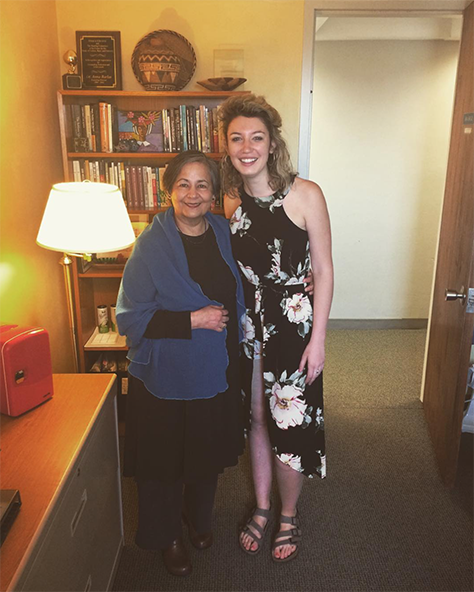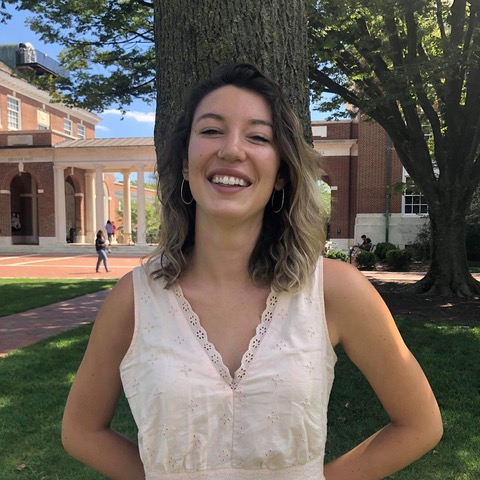Dear Asma,
I know these letters will be rendered public, but I find it most natural to try and write to you directly, as I would for the journals you assigned throughout most semesters. By designating those reflective assignments for our informal writing and expecting a more ‘academic’ analysis in our midterm and final papers, I benefited in developing both modes of engagement, separate tools that would eventually reinforce one another. This meant having the space to dig into the personal, difficult, and half-formed questions and confessions that could not but arise while reading and discussing Fanon, Freire, Memmi, Rumi, Joseph Conrad, Lisa Lowe, Leanne Simpson, Graham Greene, Mamdani… and more, over the years. It also meant having the space to practice actually putting these texts and ideas to work toward an argument, eventually producing a paper in your Understanding Islam course that helped me get into grad school. Sometimes when I’m feeling lost in the drudgery of intellectual self-doubt I return to that writing sample, to remind myself of what is possible under the rare purview of excellent teaching.
Our first course together was during the fall of my sophomore year, where I was one of only three underclassmen in a packed circle in Smiddy Hall. One of my initial contributions was to announce that Wretched of the Earth “just wasn’t doing anything for me,” as if I were a customer who expected to be catered to without putting in the work, something you didn’t hesitate to point out. Looking back, I don’t know how that gap was bridged. Many things I take for granted as having always been known were introduced by you, as I began engaging with the world in a new way. You were the first person to teach me what binary thought was, and I can’t say I’ve fully escaped it since! You introduced me to hermeneutics, and navel gazing, and instilled a distaste for bloodlust—combat for the sake of empty argumentation rather than meaningful disagreement. You taught me to qualify every ‘we,’ we the students, we in the United States, we participants of Western hegemony, and to always refer to 9/11/2001 in its full, specified form, habits that have become permanent. In assigning me Ruth Frankenberg, you helped me discover whiteness as a race, where whiteness as race-less meant divorcing an oppressive identity from its negated others. In my later coursework, you pushed me to balance a love for theory and abstraction with the material realities and subjective experiences that can’t be dismissed. Perhaps most importantly, I saw that it was possible for a professor to be ‘hands off’ and yet completely present in the classroom, making selective, powerful, and often cutting interventions that no one missed a word of. I never knew quite what to expect from you, or rather, what you expected from me. The expectations felt high, but I never succeeded in anticipating when you would react affirmatively or critically to any given comment—if you would react at all—which forced me to try and disorient myself from a top-down pedagogy driven by carrots and sticks.
In my personal life, you helped me through some of my most challenging times. You did this not as an always-emotionally -available maternal substitute; though, this is a dynamic I was sensitive to while working as a Teacher’s Assistant this past semester, a sensitivity that I owe to our conversations. If anything, you were always confident to communicate when our time was up, with an ‘Okay Liz,’ that I can hear clear as day. In those office hours I felt taken seriously, with a care that was heavy and honest. In you I witnessed a brilliance and a conviction and a grounding that will forever be my unattainable model of strength.
With love and infinite gratitude,
Liz

